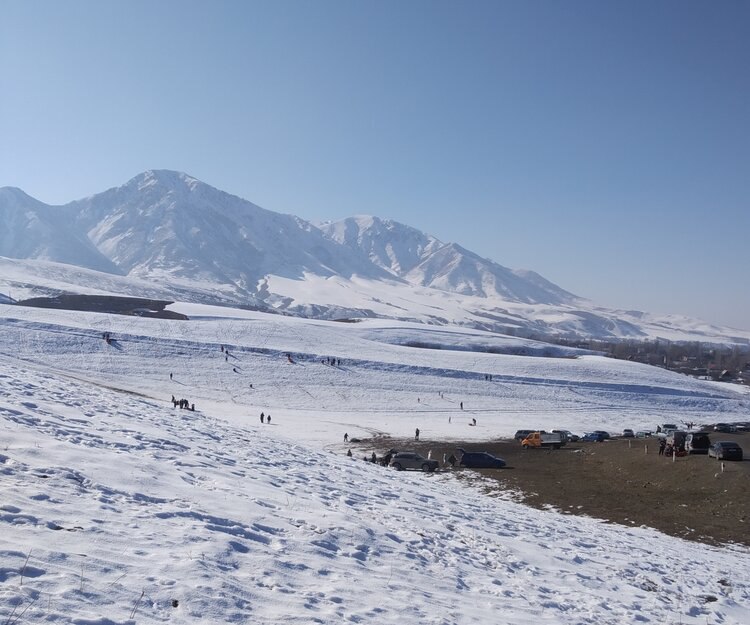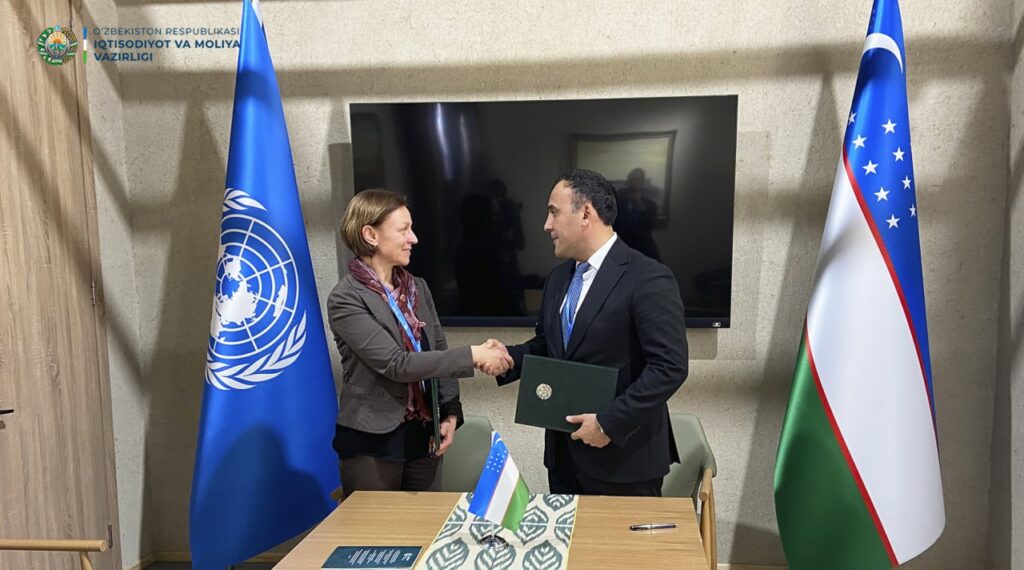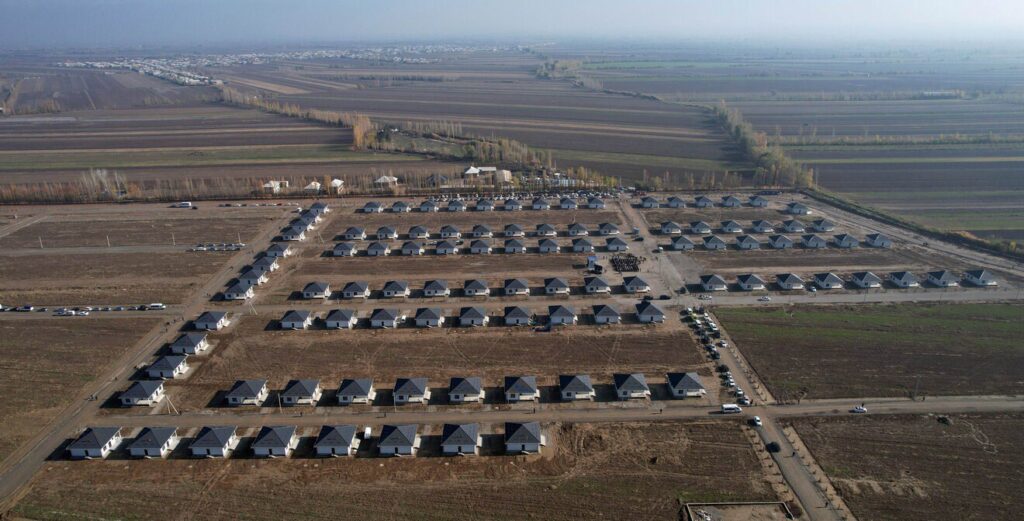Kazakhstan Charity Head Investigated for Embezzling Flood Relief Donations
Kazakhstan is investigating Perizat Kairat, founder of the Biz Birgemiz Qazaqstan charity fund and a prominent volunteer activist, for allegedly embezzling over 1.5 billion KZT (approximately $3.1 million) intended for victims of spring floods. According to the Financial Monitoring Agency, a significant portion of the funds raised was reportedly used to purchase luxury items and real estate. Investigators allege that Kairat acquired several high-end vehicles, including a Mercedes-Benz S450, Lexus LX-600, and Haval, as well as luxury properties in Astana’s elite residential complexes, such as “Akbulak Riviera,” “Highvill Ishim Gold,” and “Kөk Zhailau,” along with a cottage in “Vela Village.” The total value of these purchases is estimated at 600 million KZT ($1.2 million). The agency further claims that the charity’s funds financed frequent trips to Dubai, Doha, London, and Istanbul, where Kairat reportedly stayed in five-star hotels. During these trips, she is accused of purchasing expensive accessories from luxury brands, dining at elite restaurants, and organizing lavish boat trips. Relatives and associates of Kairat are also implicated, accused of cashing out the charity’s funds for a fee of 8%. These alleged actions have reportedly eroded public trust in charitable and volunteer organizations, raising concerns about their transparency and integrity. Kairat has been detained pending further investigation. The Biz Birgemiz Qazaqstan charity fund, established in 2021, began as a nationwide volunteer movement with 15,000 members. The fund organized aid collections for flood victims in the West Kazakhstan, Aktobe, Kostanay, Abay, Akmola, and Ulytau regions. Donations from individuals and major companies were channeled through banking applications to support the fund’s efforts. Kairat, who also runs a family business exporting meat to Arab countries and owns a chain of flower shops, claimed in a social media post that she headed the foundation without financial compensation. She is also a member of the Public Council of the Agency for Strategic Planning and Reforms. Kairat’s detention comes as Kazakhstan's Ministry of Culture and Information works on proposed legislative changes to regulate charitable activities. These amendments aim to grant state bodies greater control over fundraising efforts. However, experts warn that such measures could significantly hinder charity work in the country. For example, proposed restrictions on independent fundraising have sparked concerns among activists and organizations, with critics arguing that these changes may stifle grassroots initiatives and reduce public participation in charitable causes.






